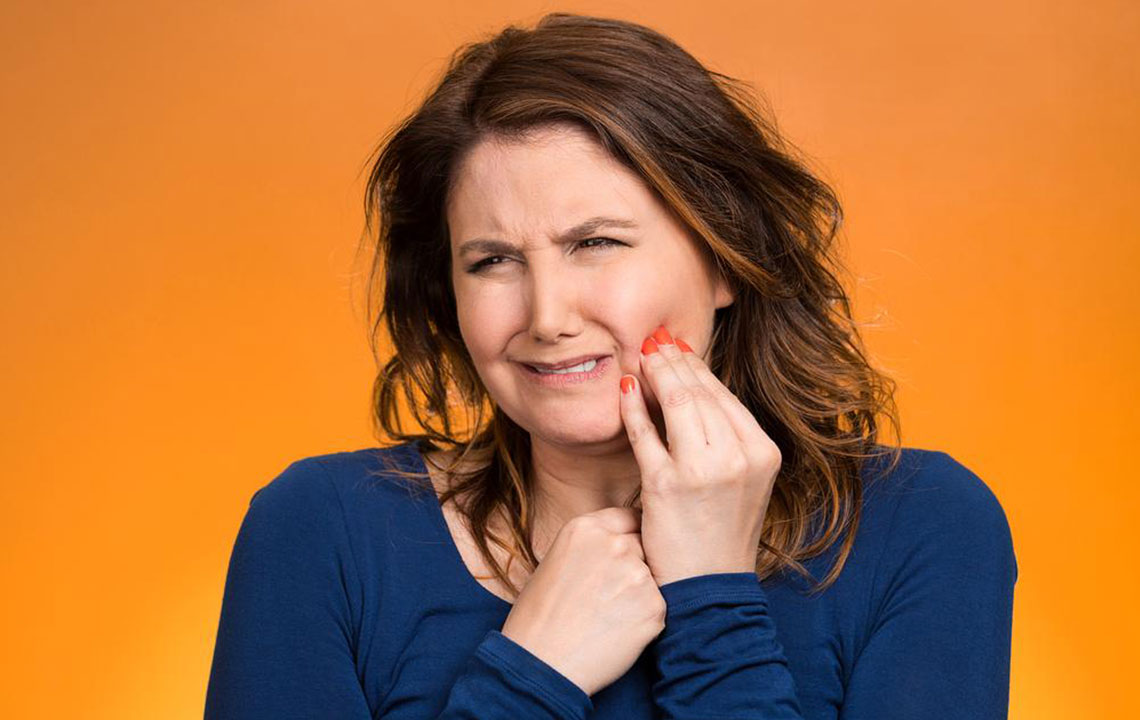Understanding Tooth Sensitivity: Causes and Solutions
Discover the main causes of tooth sensitivity and effective treatments. From enamel erosion to gum issues, learn how to reduce discomfort through proper oral care, diet changes, and professional dental procedures. Get expert advice to protect your teeth and maintain oral health effectively.

Understanding Tooth Sensitivity: Causes and Solutions
Tooth sensitivity, also called dentin hypersensitivity, presents as brief, sharp discomfort in the teeth, often triggered by hot, cold, sweet, or acidic substances. This condition may occur occasionally or persistently. Common causes include:
Erosion of tooth enamel from acidic foods and drinks
Enamel wear due to aggressive brushing
Receding gums exposing tooth roots
Teeth grinding (bruxism)
Cavities, damaged fillings, or cracked teeth revealing dentin
Post-dental procedures like fillings, bleaching, or cleanings
How to manage sensitive teeth?
Addressing tooth sensitivity begins with identifying the root cause. Here are some effective interventions:
Enamel erosion
Gentle brushing: Use a soft-bristled toothbrush and circular motions to prevent further enamel damage. Market-available desensitizing toothpaste and fluoride treatments can help reduce discomfort.
Diet modifications
Avoid acidic foods and beverages like soda, candies, and citrus. Replace them with dairy products and fibrous fruits/vegetables to protect enamel. Rinse with water after consuming acids and wait an hour before brushing.
Minimize teeth grinding
If stress or habits cause grinding, consult a dentist for solutions like mouth guards or splints. Severe cases might require medical intervention or muscle relaxants.
Avoid bleaching treatments
Post-bleaching sensitivity is common. If sharp pain occurs, pause treatments and discuss with your dentist beforehand.
Dental health check-ups
Receding gums, cavities, or gum disease can cause sensitivity. Professional cleaning, root canals, or gum grafts may be necessary. Quitting smoking can also lower risk factors.
Important note: Symptoms like sensitivity may signal underlying dental issues. Ensure you get a proper examination to identify and treat the specific problem.










